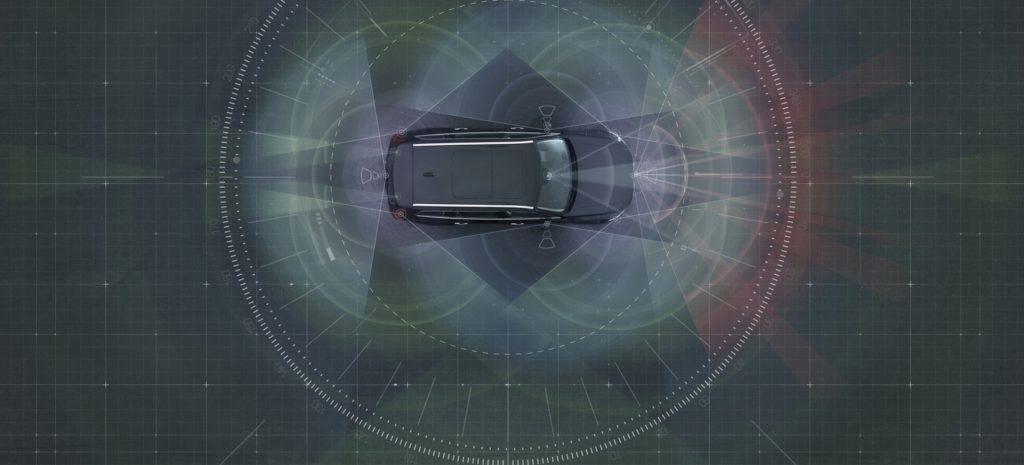Volvo and Veoneer to split Zenuity joint venture
03 April 2020

3 March 2020
Autonomous software company Zenuity will be split two ways by carmaker Volvo and automotive safety equipment company, Veoneer. According to Volvo, this move will maximise the potential of the business.
With its share of Zenuity, Volvo looks to create a new stand-alone company focused on developing and commercialising unsupervised autonomous-driving software, in accordance with SAE level 4 and level 5. Meanwhile, Veoneer will integrate and operate the portion of the joint-venture that is focused on the development and commercialisation of advanced driver assistance system (ADAS) software.
In their release, Veoneer explained the plan was for Zenuity to become a passive intellectual property holding company, retaining the current ownership structure. Both parent companies will have access to Zenutiy-owned technology for all ADAS systems and automous driving software.
As part of the agreement, Zenuity’s staff and operations based in Gothenburg, Sweden and Shanghai, China will be transferred to Volvo’s new autonomous venture. Those operations based in Germany and the US will go to Veoneer. More than 200 of the current Zenuity employees are expected to join Veoneer’s systems and software team.
Volvo’s venture
Volvo’s new company is expected to become operational in the third quarter of 2020. It will develop the unsupervised autonomous-driving software that will be introduced in the next generation of cars based on Volvo’s latest scalable product architecture (SPA2). This new venture will remain separate from Volvo Cars and run its own distribution channels.
′Volvo Cars is committed to introduce safe, unsupervised autonomous drive on highways with its next generation of cars,’ said chief executive Håkan Samuelsson. ′Allowing the new company to fully focus on this development will help us deliver on those ambitions.’
′The new company will develop safe and advanced autonomous drive software,’ said Dennis Nobelius, Zenuity’s chief executive. ′We believe that in the future there will only be a limited number of global software platforms for autonomous driving. We intend to develop one of these winning platforms.’
Veoneer’s vision
Veoneer plans to build a scalable ADAS system that addresses the needs of the light vehicle market. This system, including Zenuity-developed software and hands-free driving functionality, was demonstrated at the CES in Las Vegas earlier this year. According to the automotive safety equipment company, the split will allow them to drive their business strategy more effectively.
′After successfully developing a strong software platform in Zenuity together with Volvo Cars, we are now taking the next steps in the development of collaborative driving and advanced driver assistance systems addressing the total light vehicle market,’ said Jan Carlson, chairman, president and CEO of Veoneer.
The supplier expects to save around €28 to €38 million annually through the split. Alongside this Veoneer expects to receive a payment of roughly €14 million, subject to a final agreement.
Brief background
Zenuity first began operations in April 2017 as a joint venture between Volvo Cars and Autoliv. Veoneer was then spun out of Autoliv in June 2018, with the new company taking up the partnership with Volvo.
In January 2019, Zenuity was approved to begin testing its autonomous vehicles on highways in Sweden. At the time, Volvo aimed to bring driverless cars to market by 2021, with a third of its sales featuring the technology from 2025.
With the automotive industry taking a huge hit from the COVID-19 pandemic, Volvo may decide to scale back its ambitious autonomy time frame given the issues with the supply chain and the drying up of demand.